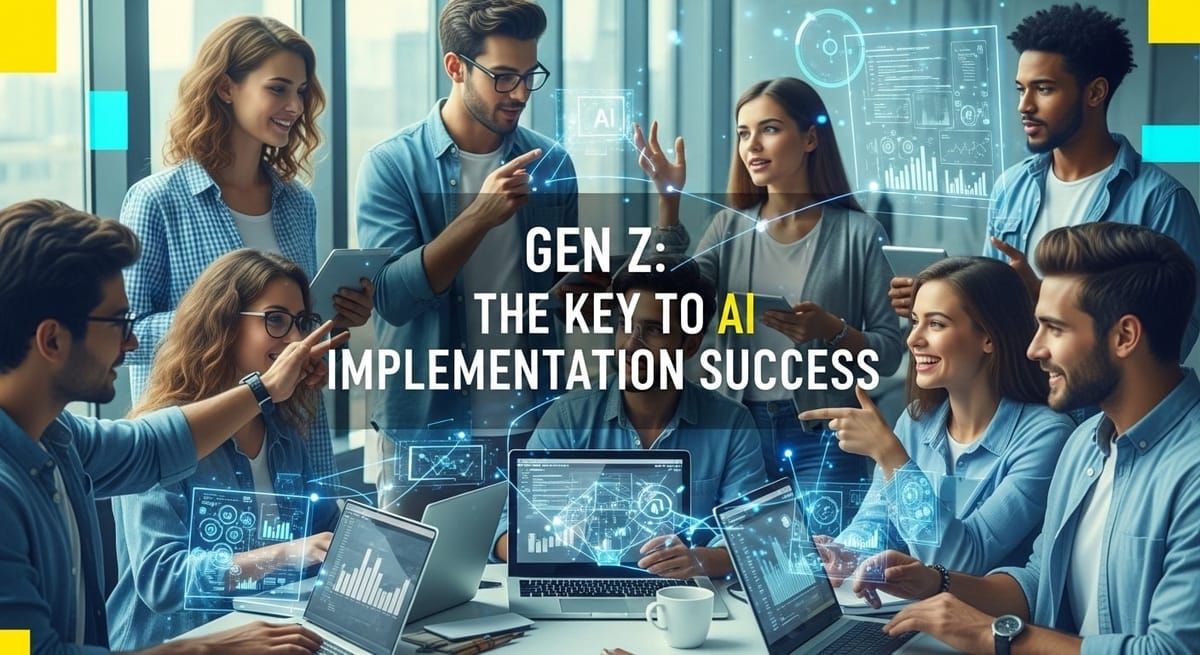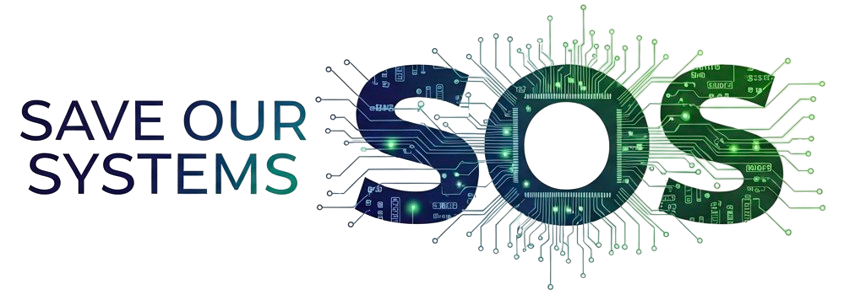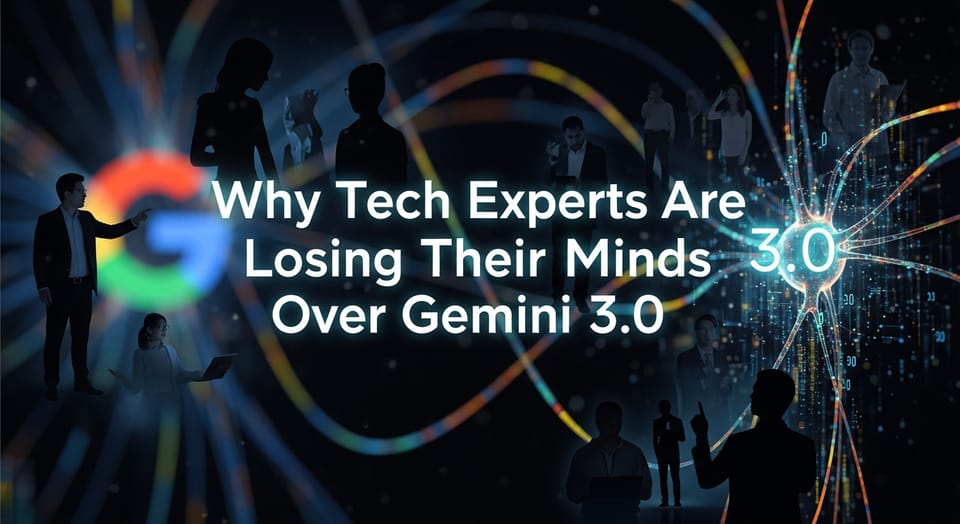Mark Cuban: Why Gen Z Has the AI Implementation Advantage Companies Desperately Need

In a tech landscape where innovation outpaces application, a surprising opportunity has emerged for young professionals entering the workforce. According to billionaire entrepreneur Mark Cuban, Gen Z stands uniquely positioned to solve one of business's most pressing technological challenges: actually implementing AI in practical, profitable ways.
The Implementation Crisis
Despite the explosion of AI tools and platforms, businesses are largely failing to translate this technology into tangible results. "95% of all generative AI pilots are flopping," Cuban noted in a recent interview with TBPN, pointing to a fundamental disconnect between AI's theoretical capabilities and its practical business applications.
This implementation gap stems not from a lack of sophisticated AI tools, but from business leaders who don't understand how to effectively integrate these technologies into their operations. "Leaders don't actually understand how to implement all of these new tools yet," Cuban emphasized, creating a market opportunity for those who can bridge this divide.
The Gen Z Advantage
What makes Gen Z particularly suited to fill this implementation gap? Cuban suggests it's their combination of digital nativity and fresh perspective, unencumbered by legacy thinking about business processes.
"Learn all you can about AI, but learn more on how to implement them in companies," Cuban advised young professionals. The billionaire emphasized practical skills like customizing AI models and demonstrating tangible business benefits—capabilities that allow Gen Z to "walk into any small business and immediately spot how AI could help."
Where the Jobs Are
Contrary to popular belief, the greatest opportunity isn't with tech giants or enterprise-level corporations. Instead, Cuban points to "millions of companies that have one, five, 10, 50, 100, 500 people that aren't going to have AI budgets, that aren't going to have AI experts."
This vast small and medium business sector represents an underserved market where specialized implementation skills can deliver immediate value. "This is where kids get hired," Cuban stated, suggesting that young professionals who develop these capabilities will find abundant employment opportunities.
The New Essential Skill
Business leaders across industries increasingly view AI proficiency as a baseline skill rather than a specialized capability. Tim Cook recently urged Apple employees to "deploy AI tools faster," warning that "to not do so would be to be left behind."
Nvidia CEO Jensen Huang put it even more bluntly: "You're not going to lose your job to an AI, but you're going to lose your job to someone who uses AI." This perspective positions AI implementation skills as fundamental to business competitiveness, similar to how email and spreadsheet proficiency became essential workplace skills in previous technological transitions.
Developing Implementation Expertise
For Gen Z professionals looking to capitalize on this opportunity, Cuban recommends several key skill areas:
- Model customization - Adapting AI tools to specific business needs
- Comparative tool knowledge - Understanding different AI platforms' strengths and limitations
- Business process assessment - Quickly identifying high-value AI integration points
- Implementation expertise - Translating AI capabilities into practical business applications
Cuban specifically suggests that students use their "excess time" to develop these skills, positioning themselves to demonstrate immediate value to potential employers.
The Path Forward
The gap between AI technology and successful business implementation represents a significant opportunity for Gen Z professionals entering the workforce. By developing practical implementation skills—not just technical knowledge—young professionals can position themselves at the intersection of AI capability and business value.
As Cuban emphasizes, "If you're not using AI to move faster or make smarter decisions, you're behind." For those willing to invest in developing specialized implementation skills, this gap offers a promising career path that aligns cutting-edge technology with fundamental business needs.
Sources
Fortune. (2025, August 18). "MIT Report: 95 percent generative AI pilots at companies failing."
Cuban, M. (2025, August). Interview with TBPN.
Fortune. (2025, July 22). "Exclusive: Mark Cuban on AI business success entrepreneurs investing."




